At this point you are probably a little sick of (read: absolutely at your wits end with) reading about Covid-19. But while we are all stuck indoors, protecting the people and establishments we care about, it is important that we also remember to protect ourselves against the threats inside our own homes.
It is a sad but universally acknowledged truth that, when the world is in crisis, there will be some people out there who try to profit off the misery. That’s right – scammers have found ways to use the current pandemic to their advantage. While you may be being vigilant washing your hands and staying at home, I just want to warn you to also remain vigilant on your own computer. Below are some examples of what to watch out for, and then a few ways to protect yourself from this additional threat.
Fake News
The Government, NHS and other reputable organisations are all working hard to keep us as informed as possible in the face of all the uncertainty. I know my phone is going off several times an hour with updates from the media, but there is a danger behind this. As we are now expecting these types of emails and SMS messages, we become less aware of who they are from. Emails containing fake documents with the latest advice or interactive maps showing the spread of the virus can all contain data stealing malware. And if you click them, open the documents, share your info in aid of ‘research’? Your credentials, passwords, credit card info can all be harvested in an instant.
Changes to Work
We are all adapting to our new working lives – whether you are on furlough, working from home or right there on the frontline, there is an urgency in finding out what to expect next. Industry targeted emails, again promoting fake information and even ‘cures’ to get back to work faster, are also filled with this data stealing malware. More than that, and specifically targeting those working from home, fake documents from phony HR departments are also being circulated asking for you to sign online documents to cover any new procedures. As simple as that, your personal credentials are no longer your own.
What Can You Do to Protect Yourself?
Check who the email was sent from. If it says it is from a company or a person you trust, call them first to check before opening any documents or divulging any personal information like your signature, location or bank details.
Look out for spelling errors. As clever as scammers are, there are often small errors in spelling or grammar in their emails that give them away. If a sentence does not read quite right, it likely isn’t from the company they are pretending to be. Scammers might also change the spelling in their email address slightly, hoping you’ll miss it – PayPal, PayPa.l and PayPel all look very similar when you are glossing over your inbox. A little spell checking goes a long way.
Be wary of social media. It is very easy to set up a fake profile that looks reputable and reach 10,000s of people before getting caught. Just because a post appears on your feed with lots of likes and comments does not make it a real or safe.
What Can You Do to Protect Others?
The spread of Fake News, much like the spread of the virus itself, starts with us. And even if the information you are sharing does not contain the vicious malware we’ve been talking about, if it is false information it can be just as dangerous in the fight against this pandemic. Check your sources and do not share information you are not 100% sure on.
Keep safe, keep vigilant and, most importantly, keep well.
